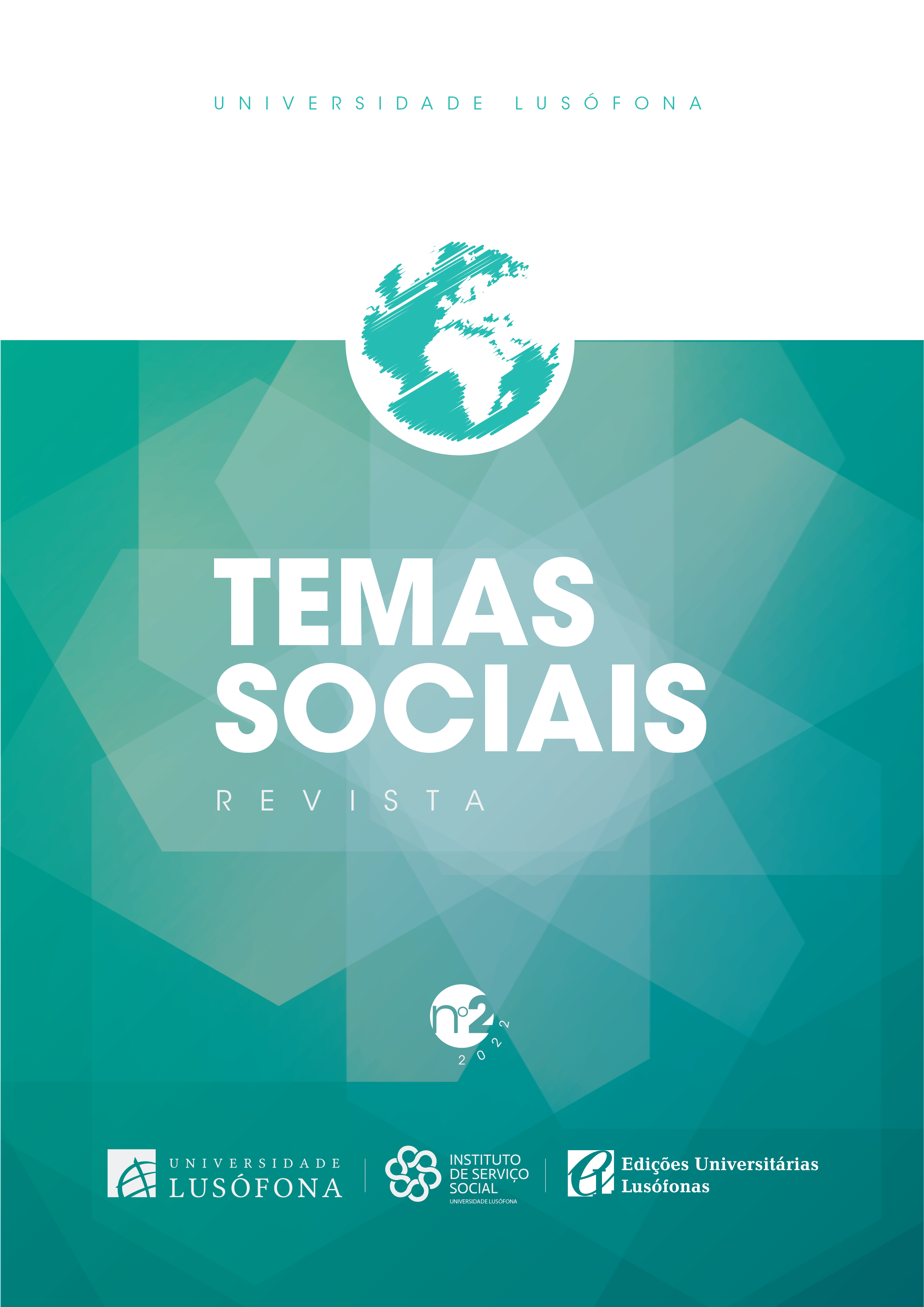THE QUALITY OF HOME SUPPORT SERVICE: PERSPECTIVE OF HSS CUSTOMERS AND EMPLOYEES OF THE MUNICIPALITY OF VAGOS
https://doi.org/10.53809/TS_ISS_2022_n.2_162-176
Abstract
This article seeks to understand the quality of the Home Support Service (HSS) in the Municipality of Vagos, Portugal, based on the degree of satisfaction, from the perspective of customers and employees. The study involved 80 customers and 50 employees from nine institutions in the municipality of Vagos with HSS. We used a quantitative methodological approach, and the data collection was accomplished through a questionnaire survey, including the sociodemographic characterization of these two sample groups, and the application of the official Social Security HSS satisfaction questionnaire. This instrument comprises 62 questions that characterize the degree of satisfaction of the HSS in five areas: Facilities, Equipment and Signage; Reliability/Credibility; Technical competence; Responsibility and responsiveness; Service and Communication. Some of the most relevant results obtained allow us to state that both groups in the sample rated HSS as high, however, customers have a higher average in four of these five areas, compared to employees.
Downloads
Open Access Policy:
The Journal facilitates free, open and immediate access to its contents to foster the exchange of knowledge at a global level.
By submitting their work, the author(s) authorise the publication and dissemination of their work and are responsible for its content.
Code of Ethics:
The Journal is a digital tool that enables the dissemination of knowledge in a globalised society where technology, communication and information occupy a prominent place. The publication promotes equal opportunities facilitated by knowledge. To this end, the Journal is committed to the content it publishes, adopting a code of ethics based on the following principles:
1. The texts received must be original, by the author(s) alone and unpublished, i.e. they must not have been previously published, broadcast or sent to another publication.
2. Authors are responsible for requesting any authorisations necessary to publish their texts, with the respective reference to the sources consulted.
3. That organisation must authorise work funded by an organisation to disseminate the results.
4. the plagiarism detection tool in force will review all work received at Universidade Lusófona - Centro Universitário de Lisboa.
5. The articles received will be evaluated by two experts in the field, guaranteeing the anonymity of the author(s) and the evaluators.
6. Papers involving people as the research subject must obtain informed consent from all of them, with strict respect for the confidentiality of personal data and, if necessary, the decision of the Ethics Committee.
7. The list of authors should only include those who contributed intellectually to the work, i.e., who designed and carried out the research, wrote up and analysed the results and approved the final version of the text.



